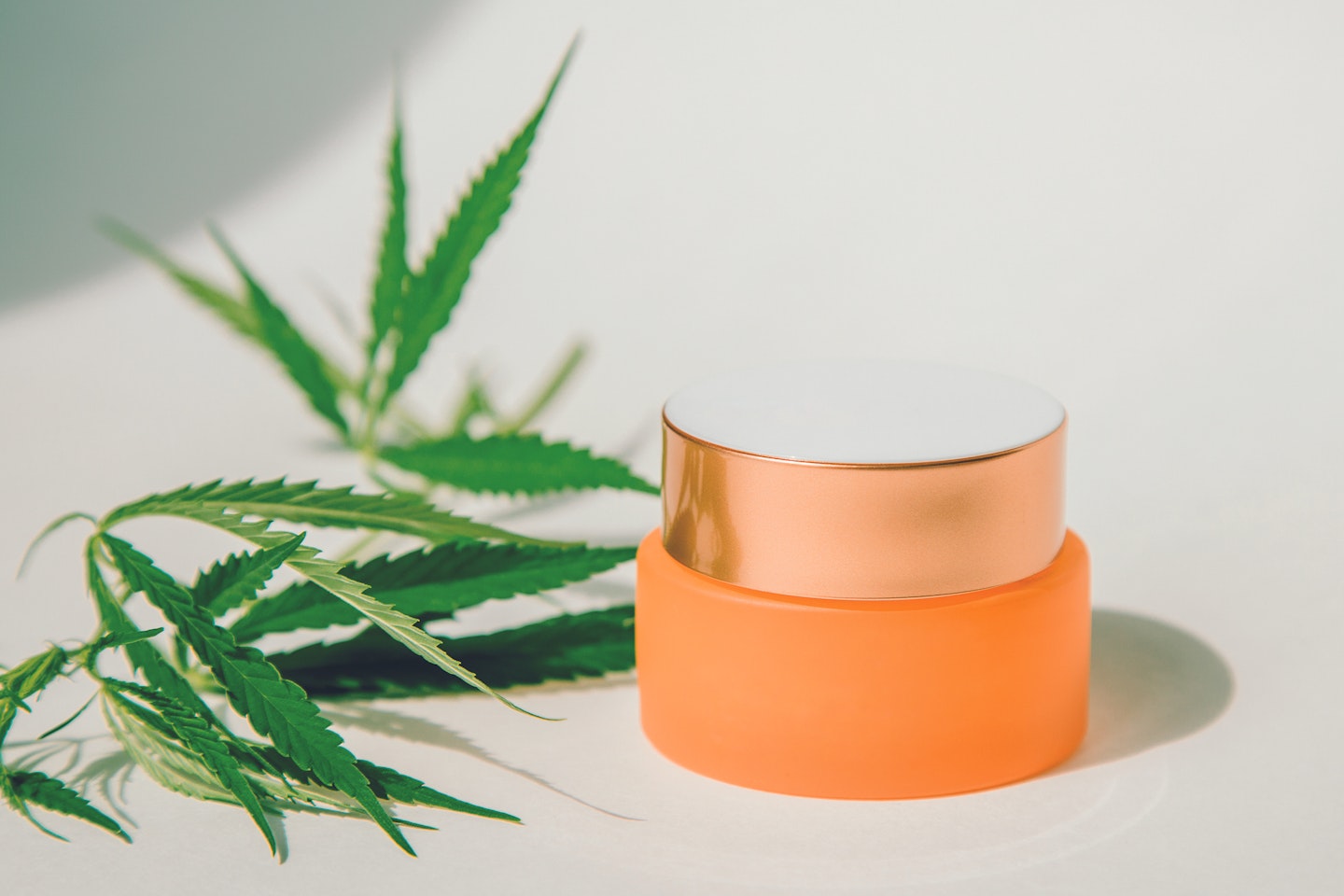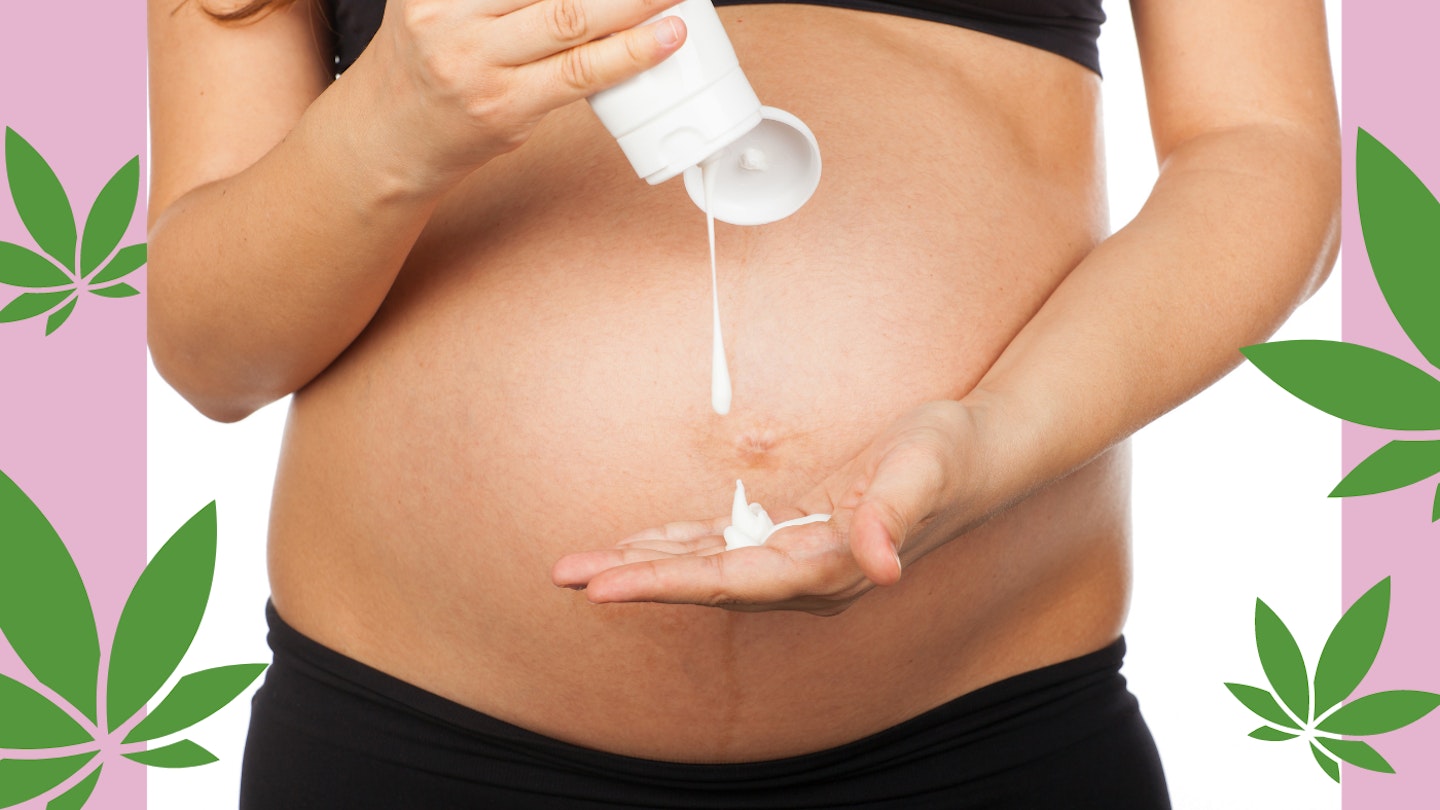CBD can be found in near enough everything these days, from foods to drinks, oils, lotions and beauty products. However, we know during pregnancy there are many ingredients that you need to avoid, such as retinol and benzoyl peroxide, as they can be harmful to your unborn baby. But is CBD one of them?
Dr Jo Mennie, Plastic and Reconstructive Surgery Registrar Doctor with over 11 years working for the NHS and PhD in Women’s Health, gives us the low down on CBD and whether it is safe to use in pregnancy.
What is CBD?
Cannabidiol, commonly known as CBD, is one of the chemical compounds derived from hemp plants. It is also one of the compounds found in medical marijuana. The CBD compound does not contain the psychoactive ingredient (THC) and also does not activate any dependency pathways in the brain.
What is CBD used for?
CBD is far more prevalent in recent years being found in food, drink, beauty products, and supplements. Research is in its early years however some studies have reported improvements in anxiety, chronic pain and inflammation, and insomnia. CBD is also licensed as a medical treatment under the guidance of doctors for some types of childhood epilepsy and for muscle spasm in patients with multiple sclerosis.
There are emerging reports of CBD improving acne, eczema, and improving the skin barrier function and indeed a magnitude of beauty products have appeared. However, looking at the evidence, these claims are in their infancy and more robust studies are needed to not only help validate these claims but also help understand correct dosing.

Is CBD lotion safe to use during pregnancy?
The Food and Drug Administration (FDA) do not recommend CBD products during pregnancy. While there are no studies on pregnant women, some animal studies have shown that CBD during pregnancy can adversely affect the male reproductive system. The other concern with regard to CBD products would be the purity of production. If traces of THC were present in the product this would be unsafe. We do have strong evidence that THC during pregnancy affects baby brain development and increases the risk of premature birth. Experts would also advise avoiding CBD products during breast feeding as CBD and any traces of other contaminants can pass through breast milk.
What are the side effects of CBD?
Some people report increased tiredness and irritability with regular CBD use. CBD is broken down by the liver so it can compete with other drugs and normal processes that also follow this pathway. This can result in higher circulating levels of other medication you take and an increased risk of bleeding. If you are on any other medication it is best to speak to your doctor if you are regularly taking CBD.
What else do we need to be aware of when it comes to using CBD?
If you decide to use CBD make sure your source is reputable. Currently the supplement industry is not regulated and uniform CBD testing in the beauty industry is not in place. It is therefore important to check the ingredient sourcing of any CBD products. Ask the manufacturer if they have undertaken CBD testing and what the results were in terms of heavy metals, toxicology and final THC levels.
If you'd like to discuss any products that you're using during your pregnancy, you can book an online consultation with Dr Jo here.
